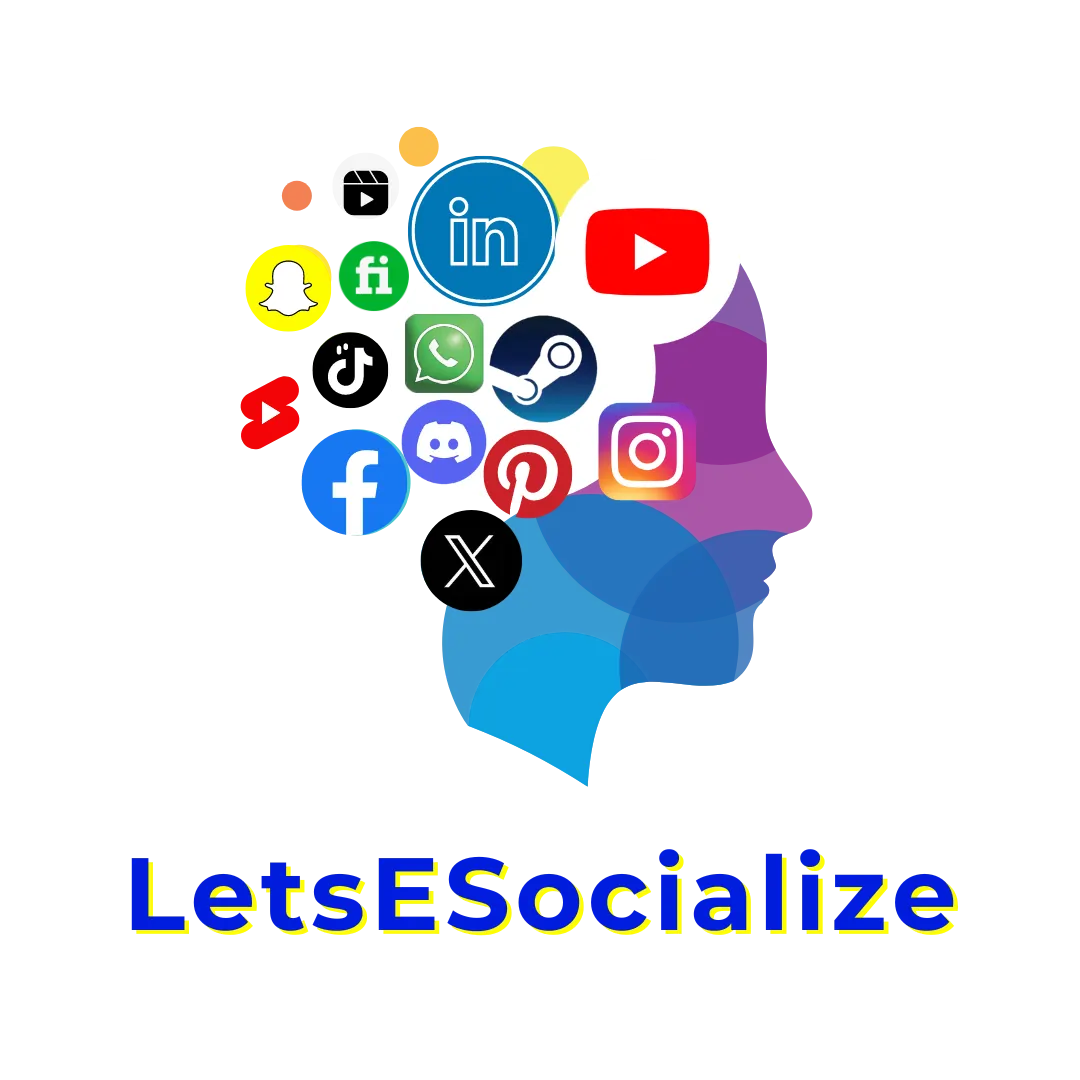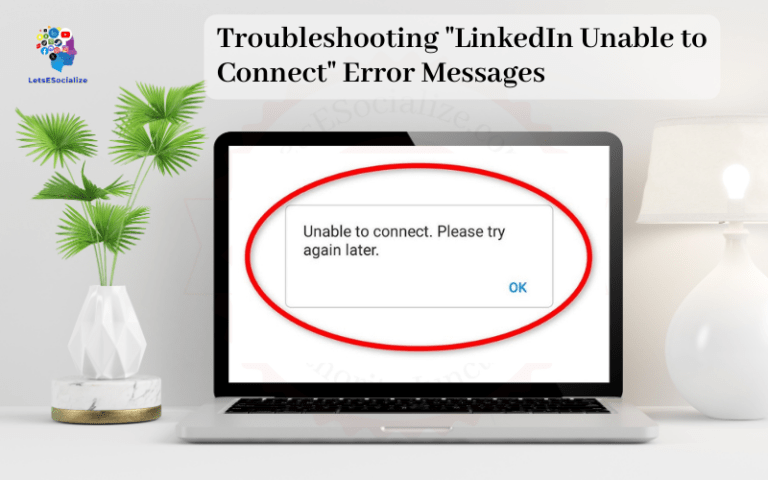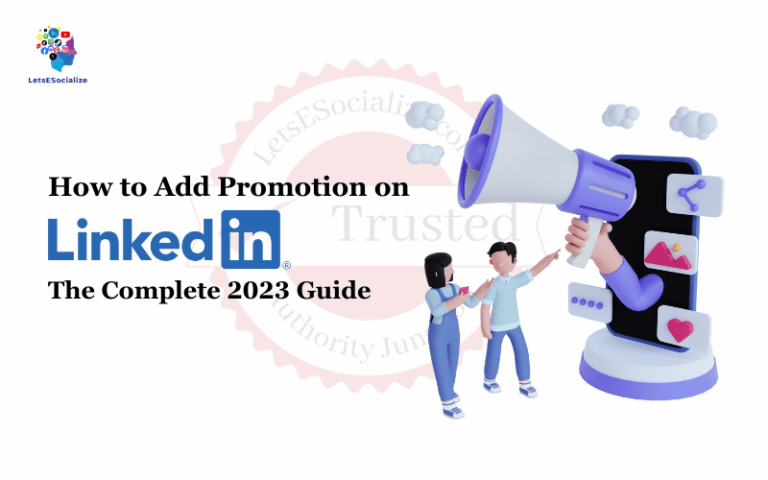As a computer science professional or academic, LinkedIn provides an invaluable platform for networking, LinkedIn Post Ideas for Computer Scientists and Academics, thought leadership, and career growth. But with so many scientists and professors on LinkedIn, it can be challenging to create content that cuts through the noise.
This guide provides 50+ curated LinkedIn post ideas tailored specifically for computer science researchers, academics, graduate students, and other technical professionals to demonstrate expertise and get noticed in their field.
Table of Contents
Share Your Latest Research

Publishing insights from your current computer science research projects is a great way to establish thought leadership:
- Explain the real-world significance of your work in layman’s terms
- Share graphics, videos, or simulations that showcase your methods
- Discuss newly published papers and highlight key findings
- Provide previews of upcoming papers or conference presentations
- Post FAQs to address common questions about your research
- Celebrate research milestones like funding, discoveries, or patents gained
Thoughtful explanations of complex concepts can expand the reach of your work.
Also Read – Why Pay Attention to Trending Discussion Topics
Comment on Field Advancements
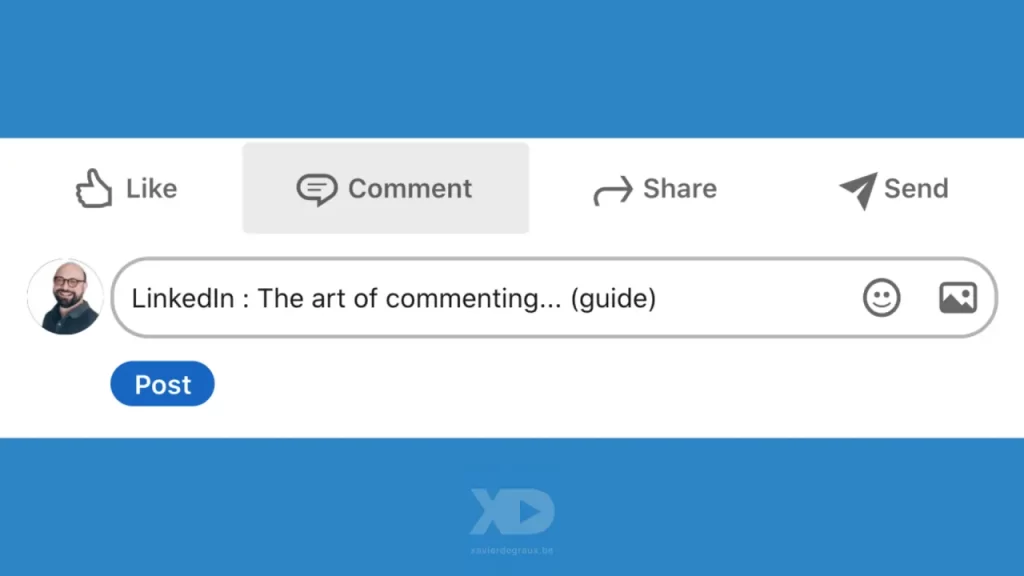
As an expert, share perspectives on major innovations or news within computer science:
- New techniques like differential privacy, foundation models, etc.
- Breakthroughs in quantum computing, AI, robotics, etc.
- New tools and technologies like Python, Tensorflow, etc.
- High-profile computer science awards and recognitions
- Major computer science conferences and events
- Growth of computer science education and diversity
Your insights add value for professionals watching these developments.
Address Hot Topics

Weigh in on hot debates and emerging issues shaping computer science:
- AI ethics and risks
- Privacy vs utility tradeoffs
- Tech industry regulation discussions
- Reproducibility and transparency in research
- Gender and racial diversity in tech
- Potential societal impacts of innovations
Taking a stand on complex issues shows leadership.
Share Advice for Students
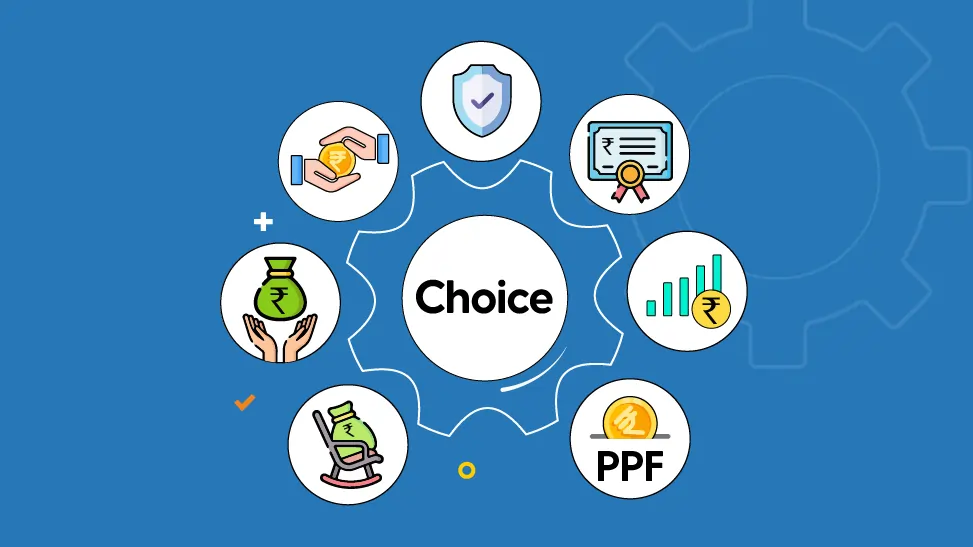
Offer helpful tips and encouragement for computer science students at any stage:
- Choosing specializations or research areas
- Building strong tech skills with online courses
- Creating projects to demonstrate hands-on skills
- Finding mentors and growing professional networks
- Tackling coding interviews and assessments
- Balancing coursework and research obligations
Your real-world perspectives give students an edge.
Highlight Teaching Initiatives

Share updates on educational or mentorship initiatives you are involved in:
- Outreach programs you volunteer with
- Fun workshops or activities hosted for students
- Sneak peeks of new university courses in development
- Effective teaching methods and tools you use
- Student highlights and accomplishments
- Recaps from guest lectures or speaker appearances
This showcases your commitment to developing new talent.
Discuss Industry Applications

Explain how computer science powers innovation across every industry:
- AI applications in healthcare, finance, transportation, etc.
- Cybersecurity needs of businesses
- Mobile and web technologies changing consumer experiences
- VR/AR use cases transforming learning or shopping
- Quantum computing’s potential in engineering, energy, etc.
- Future applications of emerging technologies like blockchain
Real-world examples bring technical concepts to life.
Give Career Advice

Provide valuable career tips for computer science professionals at any stage:
- Building a compelling tech resume
- Preparing for behavioral vs technical interviews
- Identifying the right first role after graduation
- Evaluating startups vs established tech companies
- Making the leap from academia to industry
- Switching tech specialties or roles mid-career
- Advancing into technical leadership or management
Actionable guidance from an expert provides an edge.
Also Read – creating lead magnets like eBooks to distribute on LinkedIn
Share Professional Development Tips
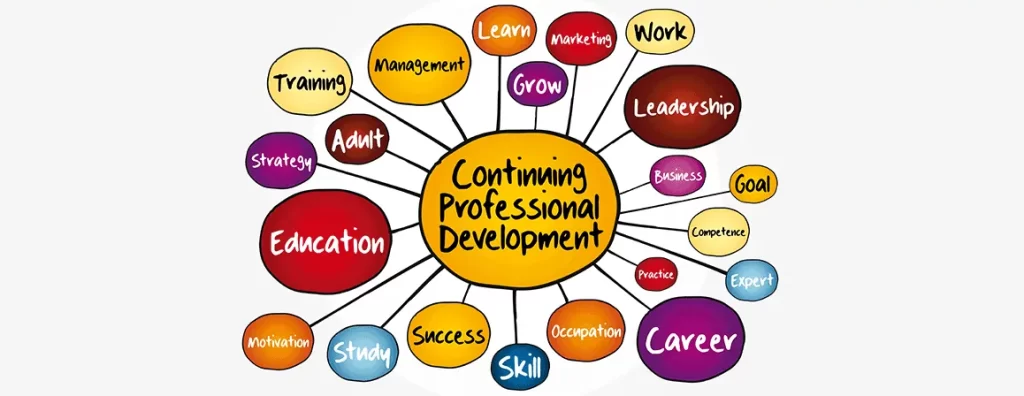
Suggest useful techniques for continuous skills development as a computer scientist:
- The top programming languages to learn
- Must-read journals, publications, and blogs
- Key tech conferences and events to attend
- Setting up a home lab for tinkering
- Contributing to open-source projects
- Joining professional associations and societies
- Building multidisciplinary knowledge
Ongoing learning is essential for any technology career.
Discuss Diversity in Tech

Advocate for greater diversity, equity, and inclusion in computer science:
- Share statistics on representation in tech
- Promote groups supporting women, minorities, etc. in tech
- Explain allyship and ways to support underrepresented groups
- Suggest teaching practices that boost diverse enrollment
- Discuss research on the benefits of diversity in innovation
- Provide tips for ensuring inclusive classrooms/workplaces
Driving change starts with thoughtful dialogue.
Highlight Upcoming Events
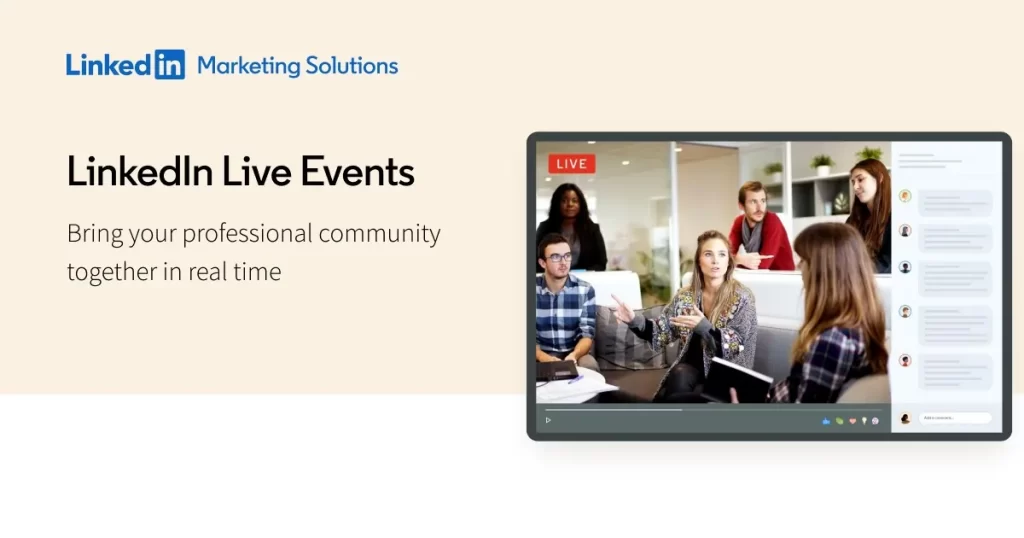
Share events relevant to your professional network:
- Academic conferences or industry expos coming up
- Calls for paper submissions to journals or conferences
- Application deadlines for research grants
- Relevant local tech meetups or workshops
- Upcoming campus lectures or colloquiums
- Celebrate Computer Science Education Week!
Your reminders ensure folks don’t miss key events.
Recognize Peers and Colleagues

Celebrate achievements, awards, and milestones of other researchers in your network:
- Congratulate newly tenured professors
- Recognize researchers awarded major grants
- Applaud new appointments at top universities
- Promote colleagues’ recently published books
- Share great research or projects from peers
- Wish your department chair on their work anniversary
Positively highlighting peers builds community.
Post Multimedia Content
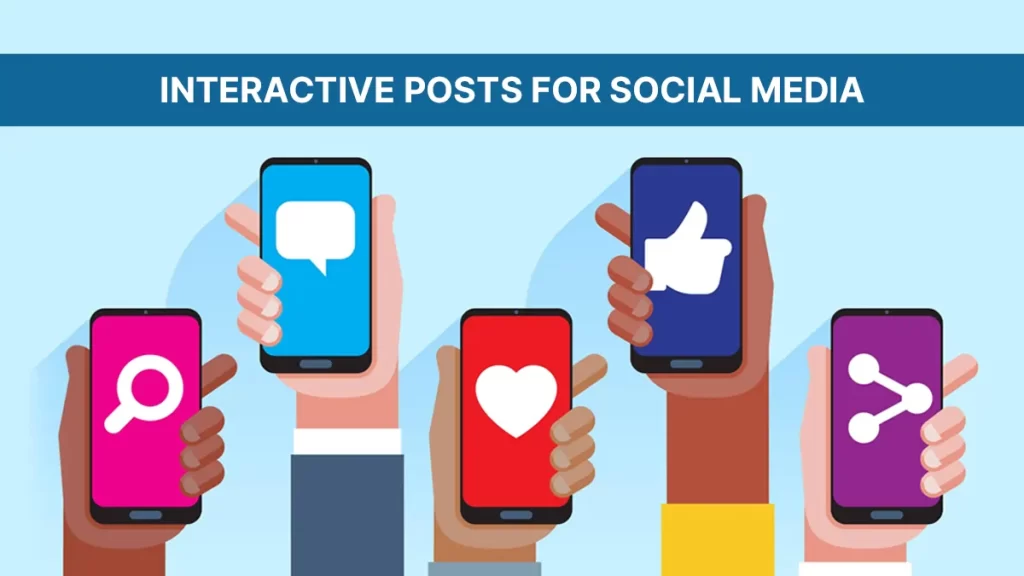
Visual assets can help simplify complex concepts:
- Infographics illustrating key processes or systems
- Well-captioned photos from your lab or classroom
- Flowcharts explaining theoretical concepts
- Videos demonstrating experiments or simulations
- Animated whiteboard tutorials breaking down algorithms
- Presentation slides previewing your talks
- Podcasts discussing your work or field
Videos, images, and audio make concepts tangible.
Highlight Fun Facts or History
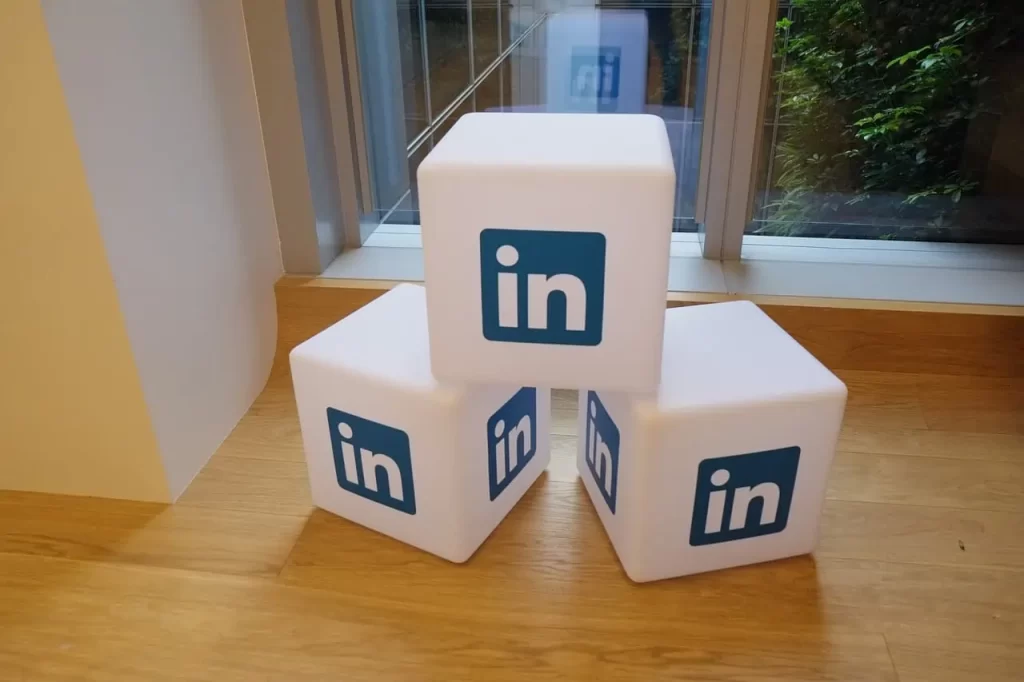
Share interesting nuggets about computer science history or concepts:
- Origins of programming languages like C, Java, Python, etc.
- Evolution of hardware from punchcards to quantum
- Fascinating early innovators in the field
- Milestones like the first computer bug or AI program
- Lighthearted comics or memes on programming life
These quick asides spark curiosity about computer science.
Also Read – how to use LinkedIn for thought leadership
Ask Questions and Poll Your Network

Pose questions to engage your connections:
- Ask for recommendations on conferences, associations, tools, etc.
- Poll views on industry trends or innovations
- Crowdsource perspectives on challenges like AI ethics
- Seek project collaborators or beta testers
- Ask followers to caption a funny computer lab photo
Questions turn posts into two-way conversations.
Go Behind the Scenes
Give followers a peek into your world by sharing:
- Photos from the classroom, lab, or office
- Interesting gadgets and devices in your workspace
- A day-in-the-life look at your routine
- Funny or inspiring lab whiteboard sketches
- Your team brainstorming sessions
- Prototype demos and failures
- Reactions at conference talks or discoveries
This human element resonates with professionals.
Discuss Hot Papers or Books
Start conversations by reviewing newly published research or books:
- Explain key concepts and potential impact
- Discuss limitations, areas for improvement
- Compare and contrast with other papers
- Highlight the parts you find most interesting
- Ask followers for other perspectives
Thoughtful book/paper reviews showcase your knowledge.
The ideas above provide a template for demonstrating expertise while engaging your professional network. Tailor posts to highlight your specific research areas, education initiatives, and career experiences. Find your unique voice to stand out as a thought leader.
Consistent posting of well-crafted insights builds your authority and cements your reputation as a computer science influencer on LinkedIn. So start posting valuable perspectives today!
